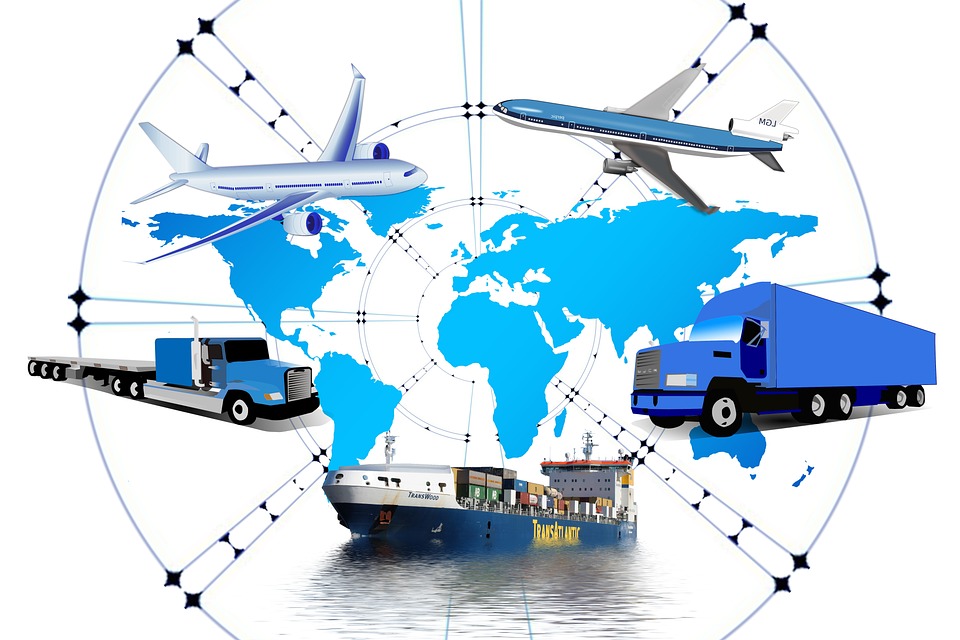Innovative Technologies Transforming the Production Process
As technology continues to advance at an unprecedented rate, industries around the world are experiencing a transformation in their production processes. From artificial intelligence to the Internet of Things, innovative technologies are revolutionizing the way products are designed, manufactured, and delivered to consumers. In this article, we will explore some of the key technologies that are reshaping the production process and driving efficiency and productivity in various industries.
1. Additive Manufacturing (3D Printing)
One of the most revolutionary technologies in the manufacturing industry is additive manufacturing, more commonly known as 3D printing. This technology allows for the creation of complex, customized parts and products by building up layers of material based on a digital design. 3D printing has already been adopted by industries such as aerospace, automotive, and healthcare, enabling manufacturers to produce prototypes and end-use parts with unprecedented speed and precision.
2. Artificial Intelligence (AI)
Artificial intelligence is another game-changing technology that is transforming the production process. AI-powered software and algorithms can analyze vast amounts of data, optimize production schedules, predict maintenance needs, and even automate routine tasks. By harnessing the power of AI, manufacturers can improve accuracy, reduce costs, and increase overall efficiency in their operations.
3. Internet of Things (IoT)
The Internet of Things, or IoT, refers to the network of interconnected devices that can communicate and share data with each other. In the manufacturing industry, IoT devices such as sensors and actuators are being used to monitor equipment, track inventory, and optimize workflow. By collecting and analyzing real-time data, manufacturers can identify inefficiencies, prevent downtime, and make data-driven decisions to improve their production processes.
4. Robotics and Automation
Robotics and automation technologies have been around for decades, but recent advancements have made them more affordable and versatile than ever before. From robotic arms on assembly lines to autonomous vehicles in warehouses, robots are helping manufacturers streamline their operations and increase productivity. By automating repetitive tasks and dangerous jobs, robots can free up human workers to focus on more complex and creative tasks.
5. Augmented Reality (AR) and Virtual Reality (VR)
Augmented reality and virtual reality are immersive technologies that are being used in the production process to improve training, design, and maintenance tasks. AR and VR applications allow workers to visualize 3D models, conduct virtual training sessions, and troubleshoot equipment issues in real-time. By enhancing the way workers interact with machines and processes, AR and VR technologies can improve efficiency and reduce errors in manufacturing operations.
The Impact of Innovative Technologies on the Production Process
By leveraging these innovative technologies, manufacturers can achieve a wide range of benefits that can significantly impact their production processes:
Increased Efficiency
By automating manual tasks, optimizing workflows, and reducing downtime, manufacturers can increase efficiency in their operations. With AI-powered analytics and IoT devices, manufacturers can identify and address bottlenecks in their production processes, leading to faster production cycles and higher output.
Improved Quality
By utilizing technologies such as 3D printing and AR/VR for design and prototyping, manufacturers can improve the quality of their products and reduce defects. AI algorithms can also be used to detect anomalies in production processes, ensuring that only high-quality products are delivered to customers.
Cost Savings
By streamlining operations, reducing waste, and optimizing resources, manufacturers can realize significant cost savings by adopting innovative technologies. Automation and robotics can also lower labor costs and improve overall efficiency, leading to higher profits and a competitive edge in the market.
Enhanced Flexibility
With 3D printing and other additive manufacturing technologies, manufacturers can quickly iterate on designs, produce custom parts, and respond to changing market demands with greater flexibility. IoT devices can also provide real-time data on production processes, enabling manufacturers to make rapid adjustments and optimizations as needed.
Challenges and Considerations
While innovative technologies offer numerous benefits to the production process, there are also challenges and considerations that manufacturers must address:
Security and Privacy
As manufacturers rely more on interconnected devices and digital systems, they must ensure that their data and intellectual property are protected from cyber threats and unauthorized access. Implementing robust cybersecurity measures and protocols is essential to safeguarding sensitive information and maintaining the integrity of production processes.
Skills and Training
As technologies such as AI and robotics become more prevalent in manufacturing, workers will need to acquire new skills and knowledge to operate and maintain these systems. Providing comprehensive training programs and upskilling initiatives will be critical to ensuring that employees can effectively leverage these technologies and adapt to the changing demands of the industry.
Regulatory Compliance
Manufacturers must also navigate regulatory requirements and standards when adopting new technologies in their production processes. Compliance with industry regulations, data privacy laws, and safety standards is essential to ensuring the legality and ethical use of innovative technologies in manufacturing operations.
Conclusion
Innovative technologies are revolutionizing the production process in various industries, driving efficiency, productivity, and competitiveness. From 3D printing to artificial intelligence, these technologies offer manufacturers a wide range of benefits, including increased efficiency, improved quality, cost savings, and enhanced flexibility. However, challenges such as security, skills training, and regulatory compliance must be addressed to fully realize the potential of these technologies in manufacturing. By embracing innovation and leveraging these technologies effectively, manufacturers can unlock new opportunities for growth and success in the rapidly evolving landscape of production processes.
